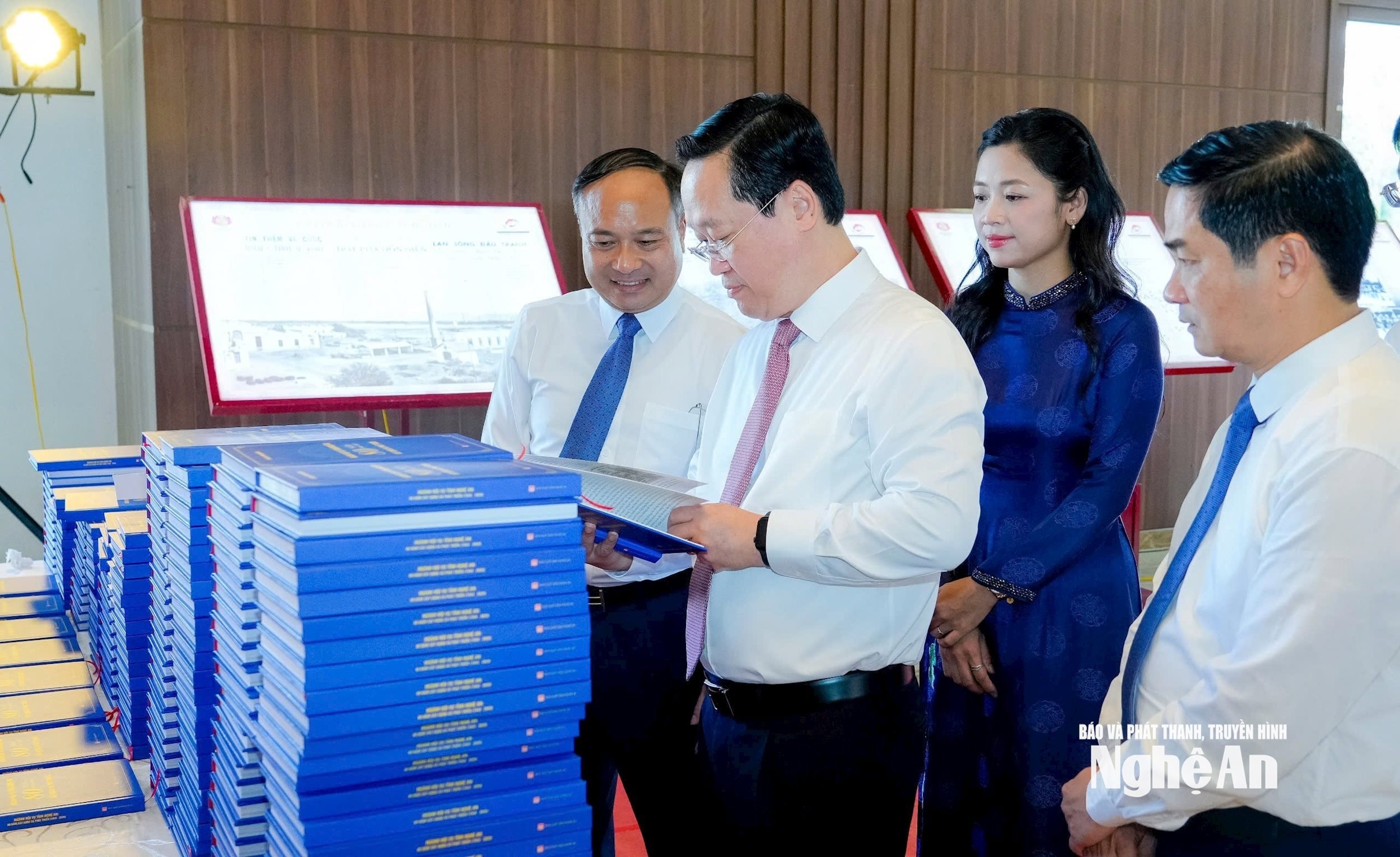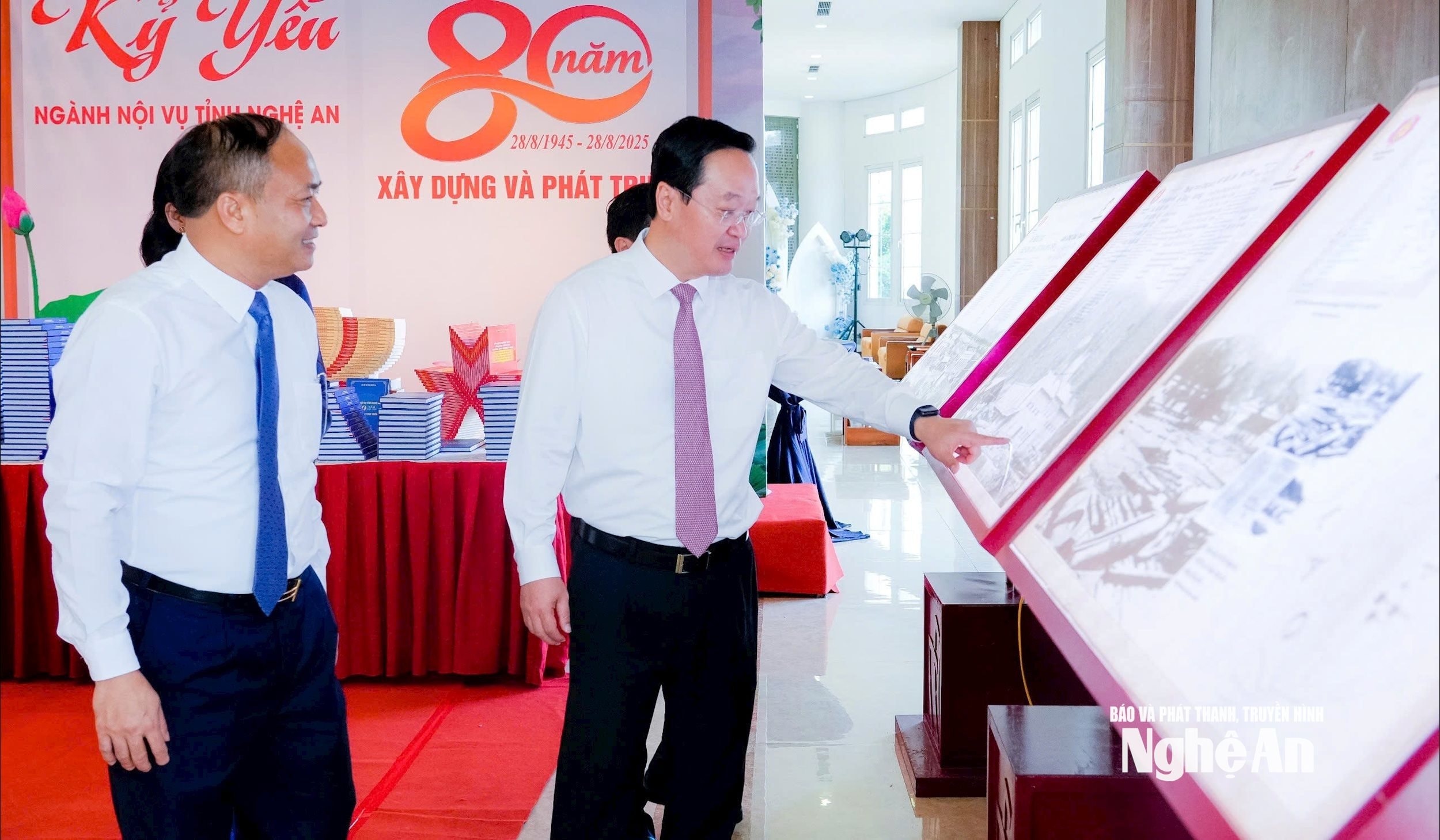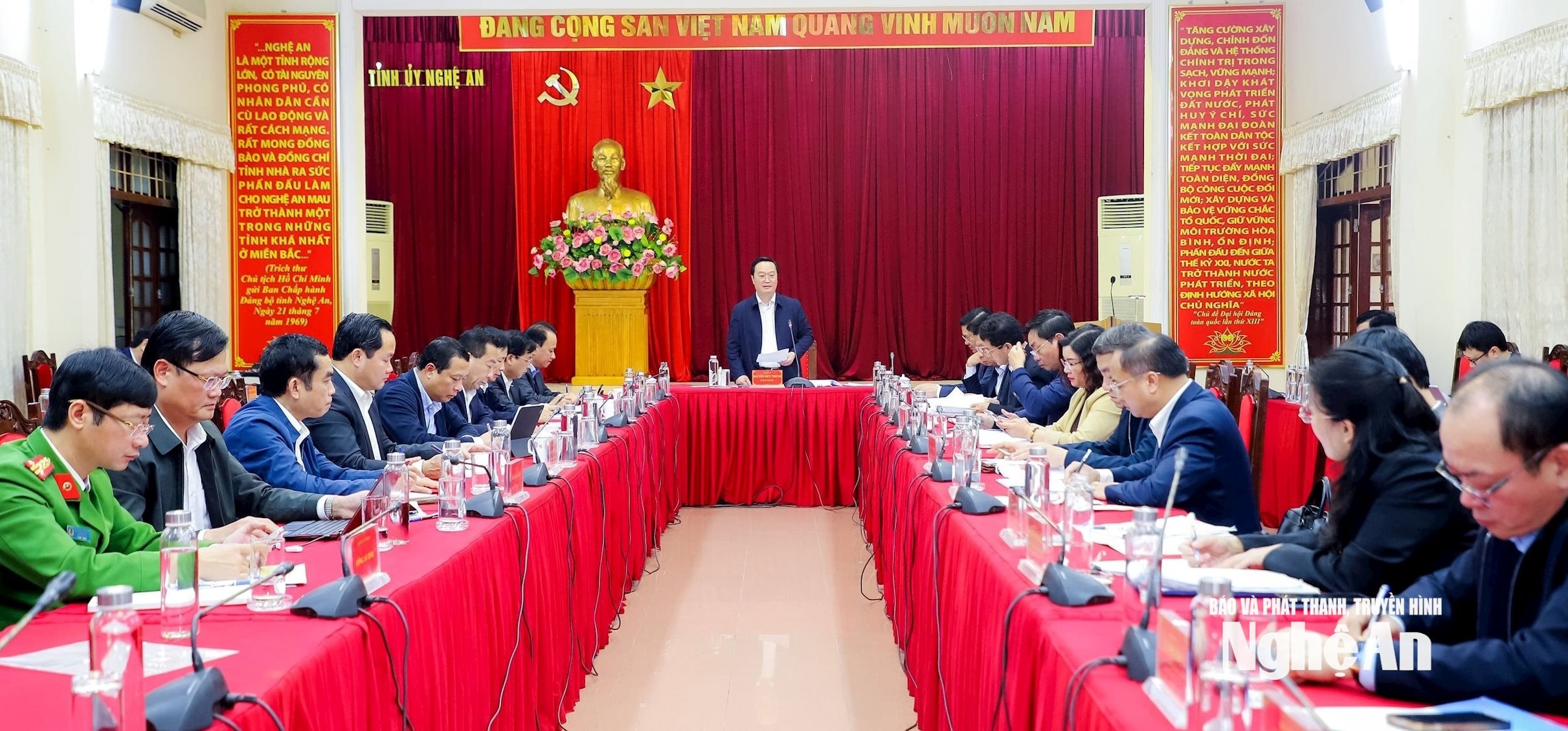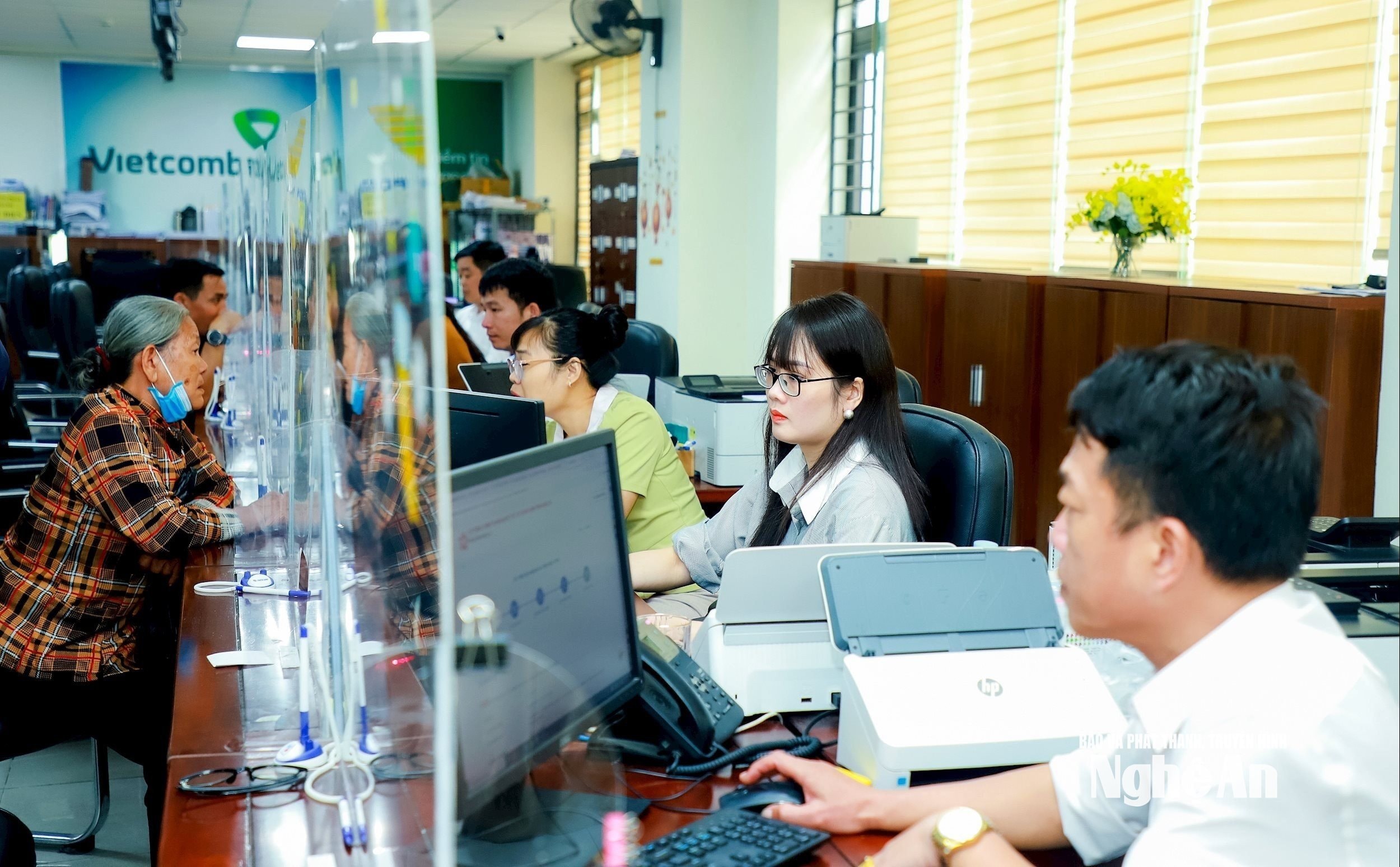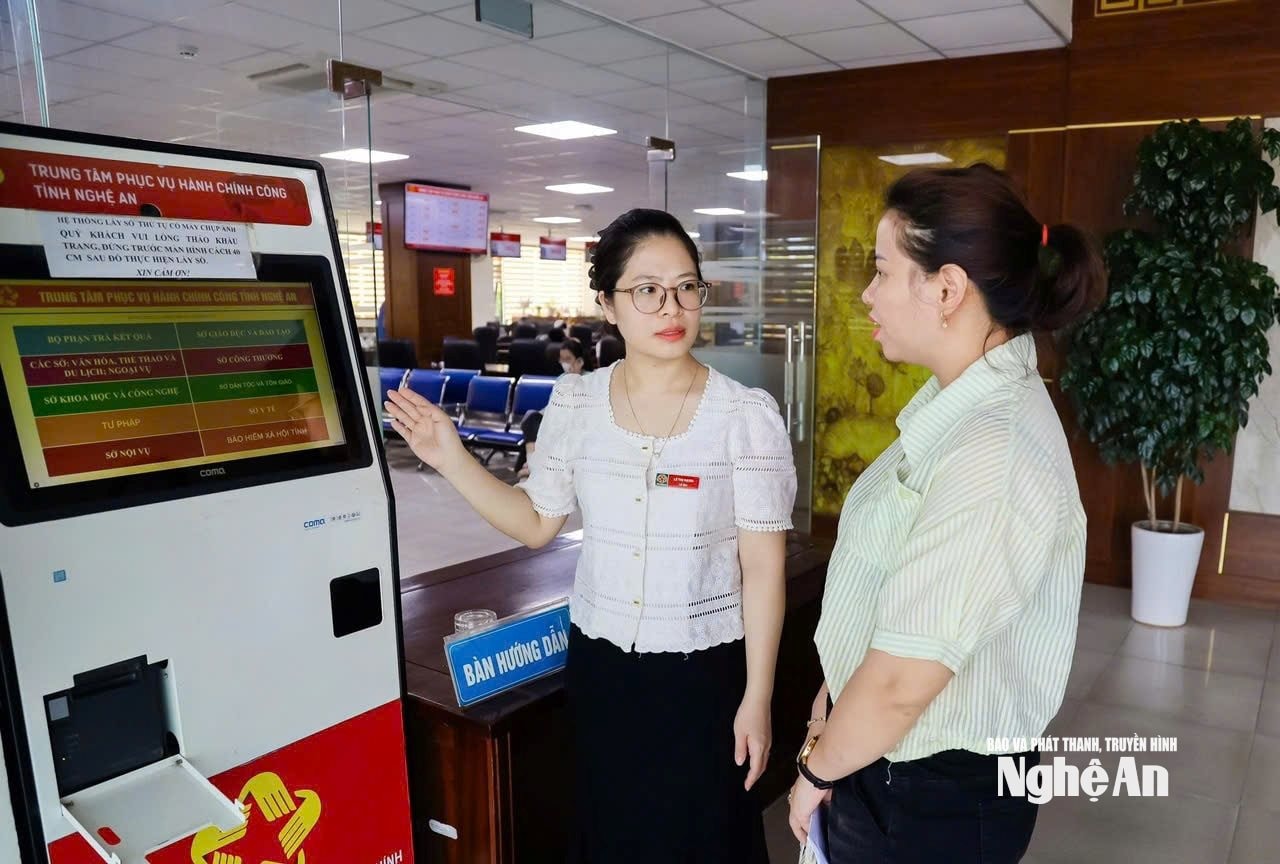Promote administrative reform, contributing to the successful implementation of the goals of the Resolution of the 20th Nghe An Provincial Party Congress
Effective administrative reform is a key factor to improve competitiveness and effectiveness, governance efficiency; build a transparent and honest administrative apparatus, creating favorable conditions for people and businesses to access public services. Thereby, contributing to strengthening the trust of people and businesses in the State apparatus; at the same time, creating conditions to promote integration and sustainable socio-economic development.

Comrade Nguyen Viet Hung - Member of the Provincial Party Committee, Director of the Department of Home Affairs
• September 25, 2025
Effective administrative reform is the key factor to improve competitiveness.and effectiveness and efficiency of management;building a transparent and honest administrative apparatus, facilitate people and businesses to access public services. Throughthat contributesstrengthening people's and businesses' trust in the state apparatus; simultaneously,facilitatepromoteintegration, sustainable socio-economic development.

The 19th Provincial Party Congress of Nghe An, term 2020 - 2025, identified: Administrative reform is one of three breakthroughs that need to be focused on.
Therefore, in the 2021-2025 period, with the motto "choosing key tasks - taking drastic actions", Party committees and authorities at all levels have focused on and strengthened leadership and direction of administrative reform work, proposing many strong solutions to promptly resolve bottlenecks and barriers.
Along with that, the efforts, awareness and responsibility of the staff, civil servants and public employees and the companionship and support of the people and business community also create the driving force for the administrative reform work of the province to have many clear, comprehensive and substantial changes.
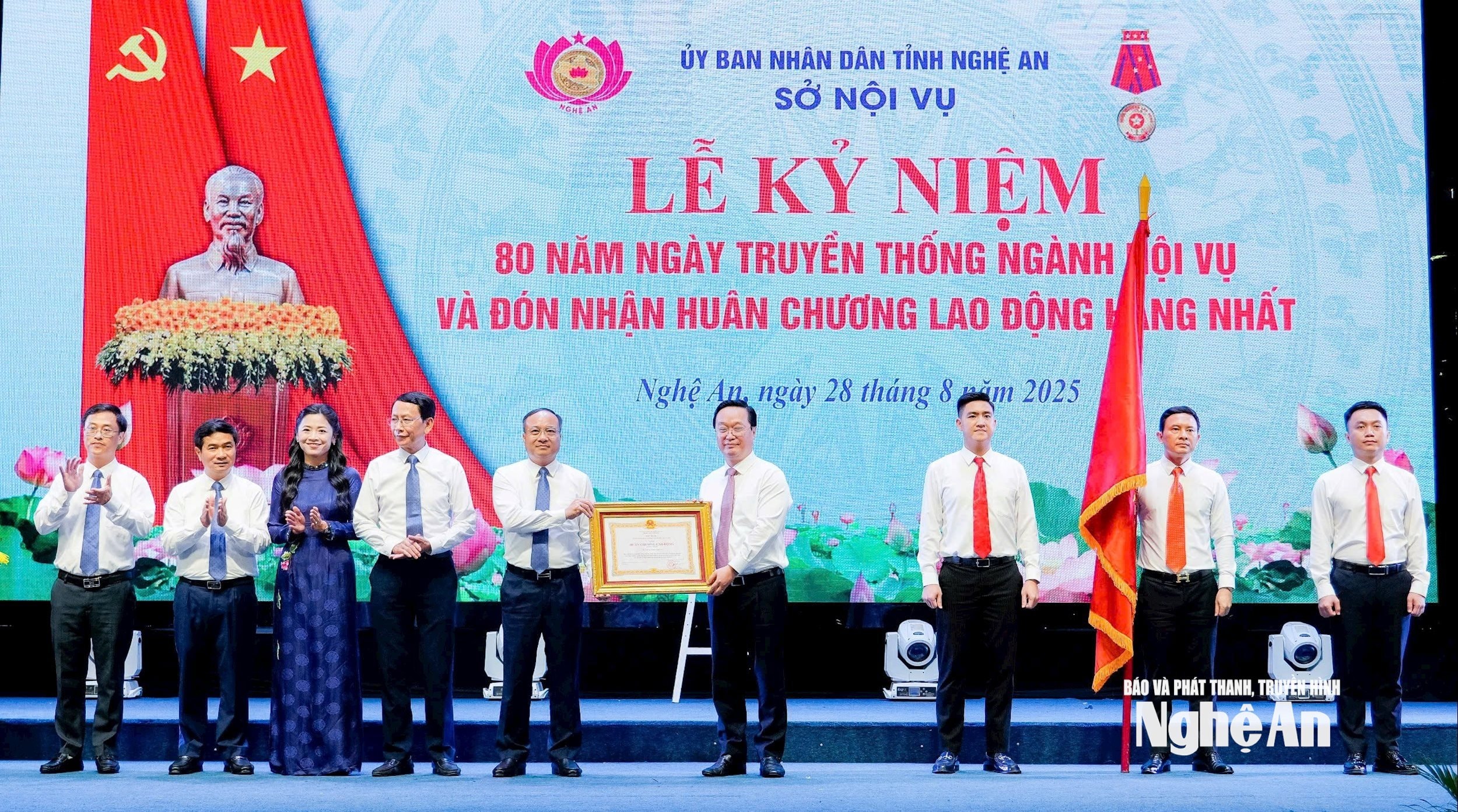
The apparatus has been streamlined, reduced from 21 to 15 departments and branches; from 412 communes, wards and towns to 130 communes and wards; decentralization and delegation of power have been promoted; digital transformation has been widely implemented in the entire political system and all aspects of social life; administrative procedures have become increasingly simple and transparent, shortening the processing time, the rate of files processed online has reached nearly 90%, creating convenience for people and businesses; the service attitude of the staff and civil servants has clearly changed towards "discipline, responsibility, professionalism, friendliness"... Nghe An is also one of the leading provinces in implementing Project No. 06/CP, which was commended by the Prime Minister.
These factors have significantly contributed to improving the rankings of the province's PAR INDEX, SIPAS, PCI, and PAPI indexes.
However, besides the encouraging results, there are still limitations and difficulties.
Some indexes have not reached the desired rankings, the promotion and maintenance of the indexes' positions are still unstable. In particular, the PCI and PAPI indexes have dropped sharply in the last 2 years, in 2024, PCI ranked 44/63, PAPI ranked 37/63 provinces and cities.
Therefore, proposing synchronous and feasible solutions to improve the indicators is a key task in the coming term.
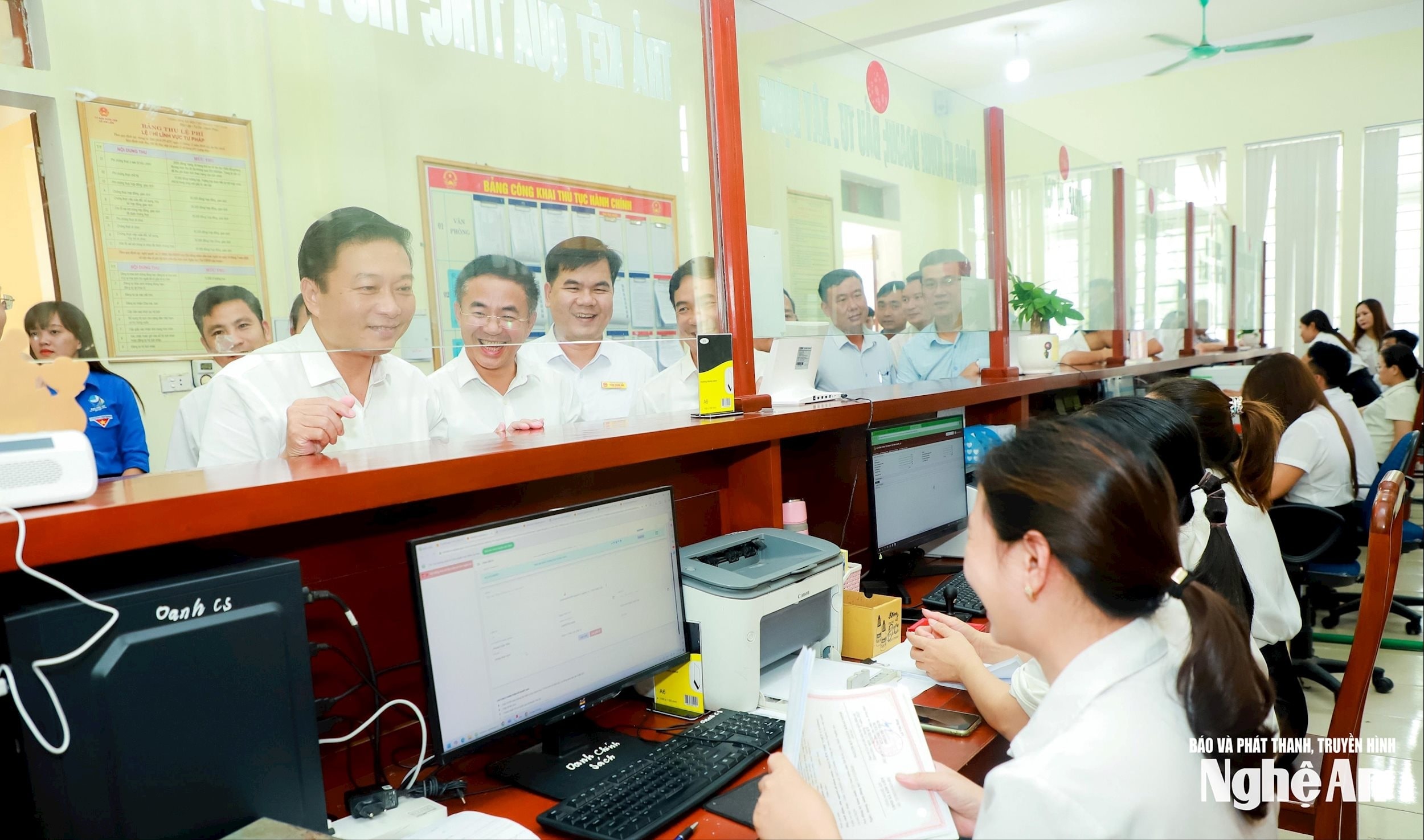
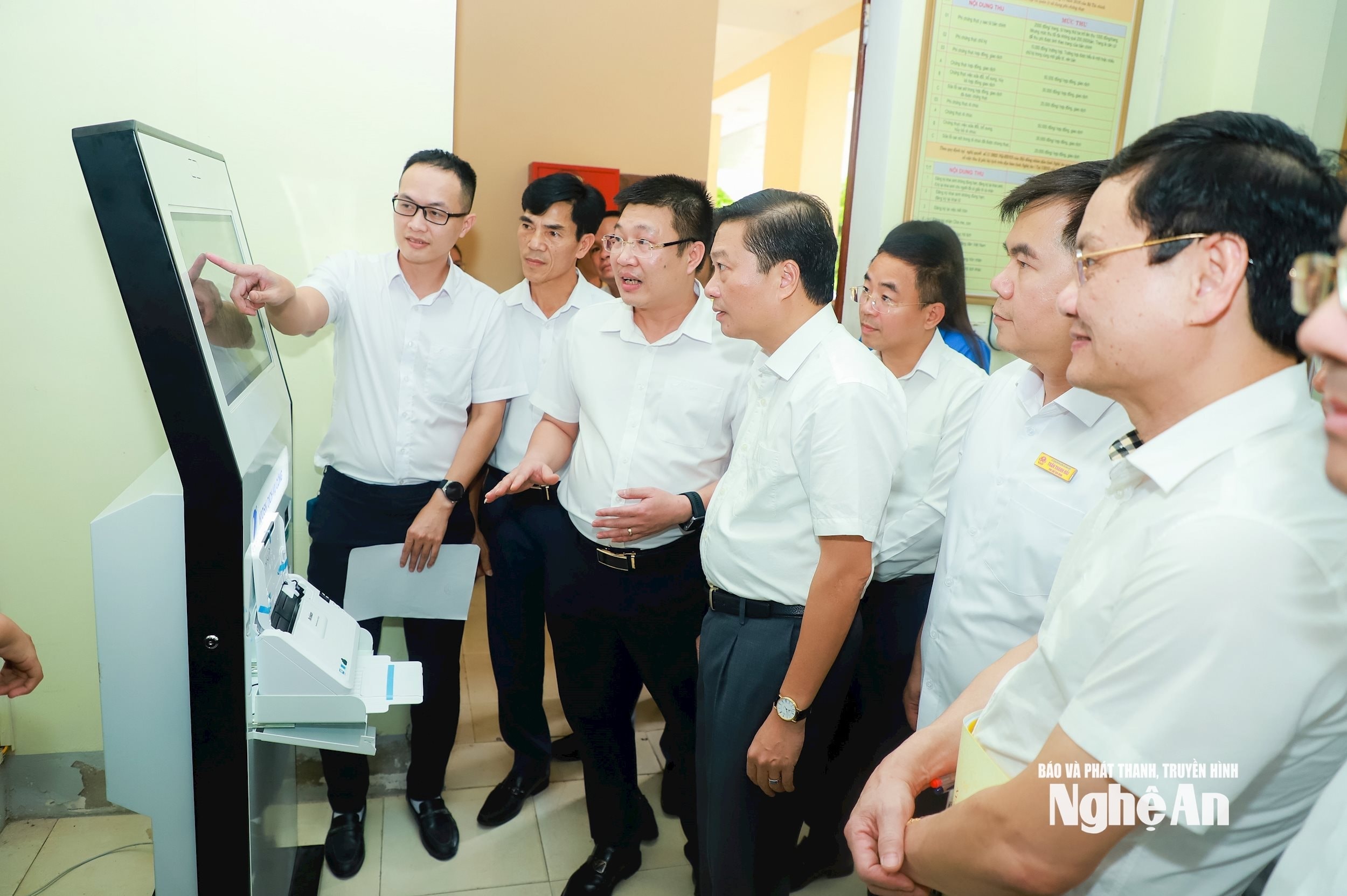


The draft Resolution of the 20th Provincial Party Congress clearly identified: Nghe An strives to be in the top 10 provinces in terms of provincial competitiveness index (PCI); administrative reform index (PAR INDEX); satisfaction index of people and organizations with the service of State administrative agencies (SIPAS); and top 15 provinces in terms of public administration performance index (PAPI).
This is both an important political task and a direct driving force to contribute to the successful implementation of the goals and targets set forth in the Resolution of the 20th Provincial Party Congress.
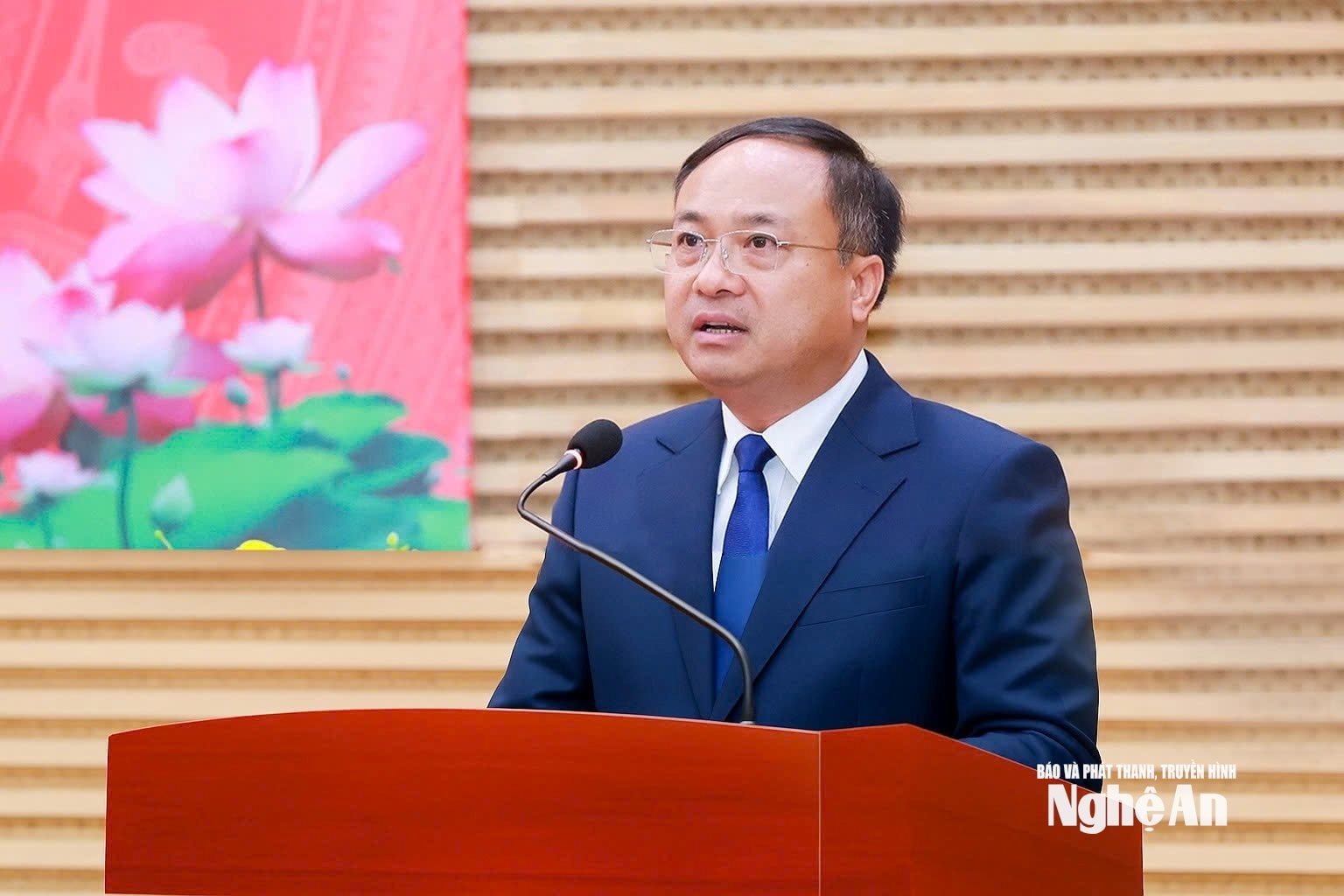
To realize the above objectives, in its role as the Standing Office of the Provincial Steering Committee for Administrative Reform, in the coming time, the Department of Home Affairs will continue to proactively advise the Provincial Party Committee and the Provincial People's Committee on fundamental and synchronous solutions to overcome shortcomings and limitations in administrative reform; improve rankings for related indexes (PAR INDEX, SIPAS, PCI, PAPI) to improve service quality; build a modern, transparent and effective administration. The focus is on:
The first,Strengthen the direct leadership of Party committees at all levels in administrative reform work. Heads of Party committees and authorities at all levels must set an example, directly direct and take responsibility for the results of administrative reform in their localities and units; ensure that administrative reform is substantive and avoids formality.
Monday, strengthen the synchronous, unified coordination, clear people, clear work, clear responsibilities between levels and sectors in implementing administrative reform tasks. Especially in information exchange, data sharing, and interconnected coordination in handling procedures, so that people and businesses do not have to go back and forth many times. At the same time, enhance the supervisory and urging role of the standing agency of administrative reform.
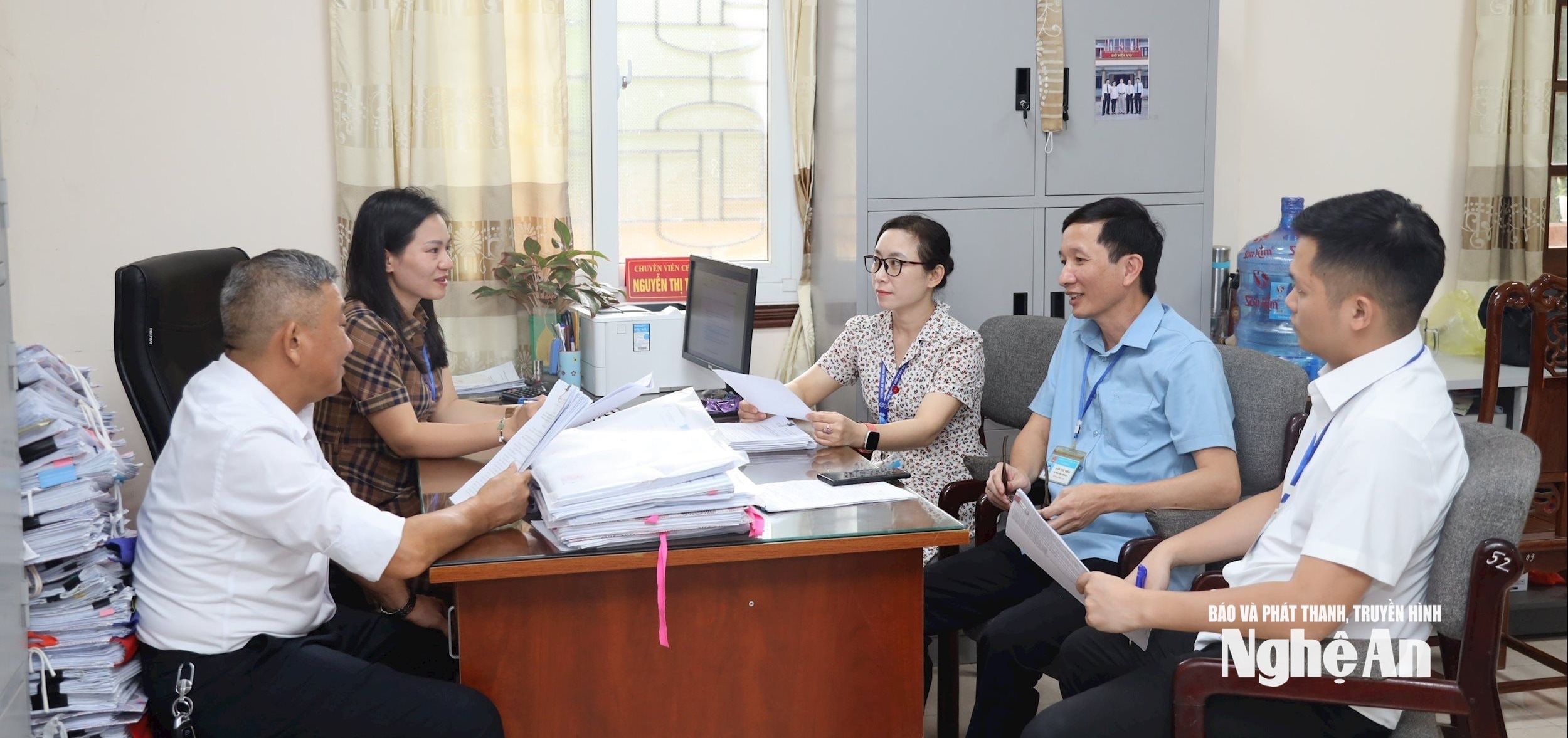
TuesdayFor each index, advise specific solutions suitable for each assessment criterion such as:
- PAR INDEX: Continue to promote administrative procedure reform, streamline the organizational apparatus, clearly define functions and tasks, improve the quality of handling administrative procedures according to the one-stop and inter-connected one-stop mechanism, and increase the rate of online public services throughout the process.
- Satisfaction index for administrative services (SIPAS): Organizational and individual satisfaction must be considered the most important measure. Officials and civil servants directly handling administrative procedures need to be trained in communication skills and standard service attitudes; promote the mechanism of receiving and handling citizens' feedback and recommendations in a quick, public and transparent manner.

- Provincial Competitiveness Index (PCI): Need to focus on strongly improving the investment and business environment. Review and cut unnecessary business conditions, make transparent procedures related to investment, land, construction, tax, and customs.
Strengthening dialogue, removing difficulties, and accompanying businesses. Reducing informal costs, shortening licensing time, and creating an equal business environment will be the key to PCI's breakthrough.
- Public Administration Performance Index (PAPI): Need to focus on the following factors: Publicity, budget transparency, government accountability, and increased public participation in policy planning and monitoring.
Promote the application of digital technology in local governance, expand interaction channels between the government and the people, thereby strengthening trust and social consensus.
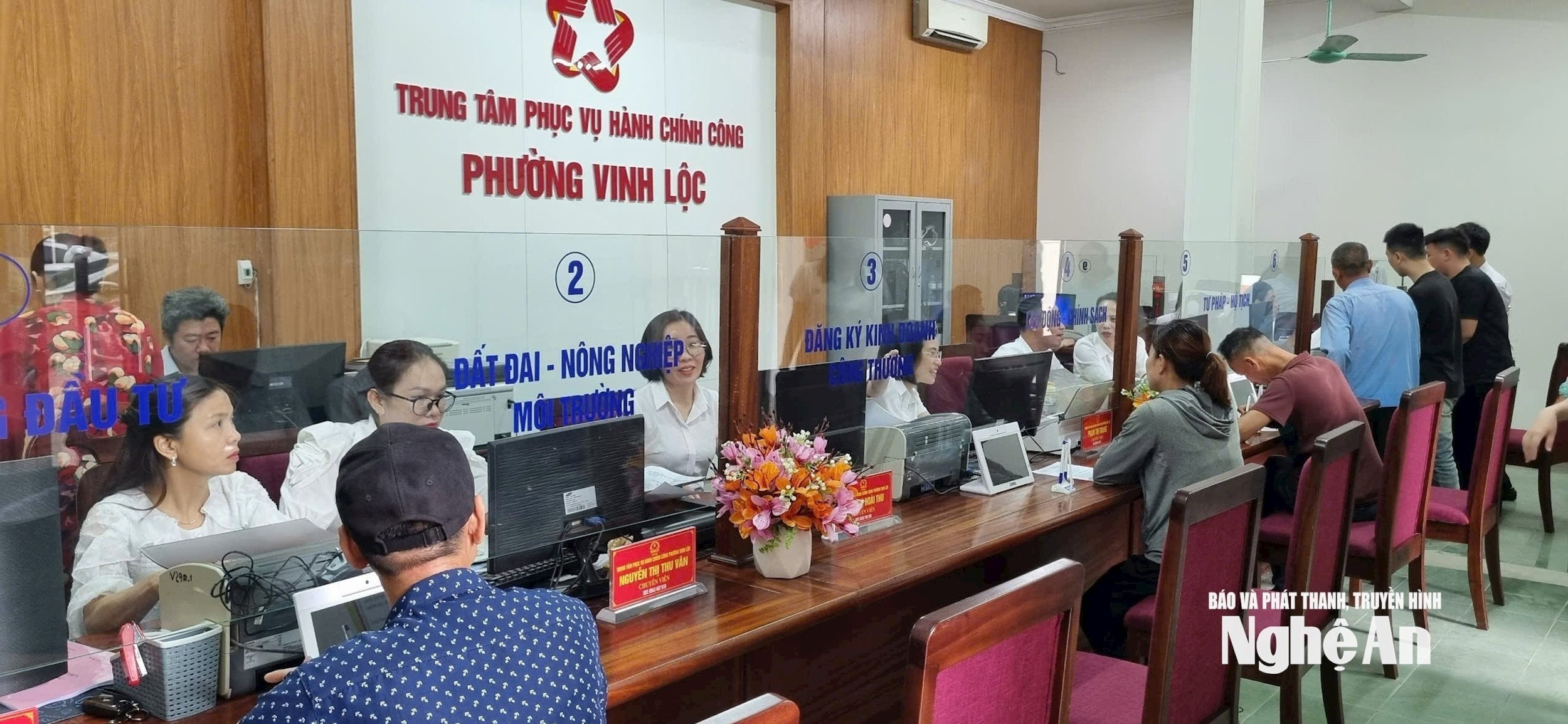
Wednesday, strengthen administrative reform inspection activities when implementing the 2-level local government model; build a multi-dimensional inspection mechanism, combining inspection by Party committees, authorities, and specialized agencies with supervision by the people, the Fatherland Front, and the press. Link inspection and supervision results with assessment, classification, and reward work.
Thursday,Promote the role of social criticism and the active participation of people and businesses in administrative reform. Identify that people and businesses are both the objects of service and the subjects of evaluating the effectiveness of administrative reform.
Besides, the Fatherland Front and socio-political organizations need to promote their supervisory and critical roles more strongly, contributing to ensuring transparent, objective and feasible administrative reform policies.
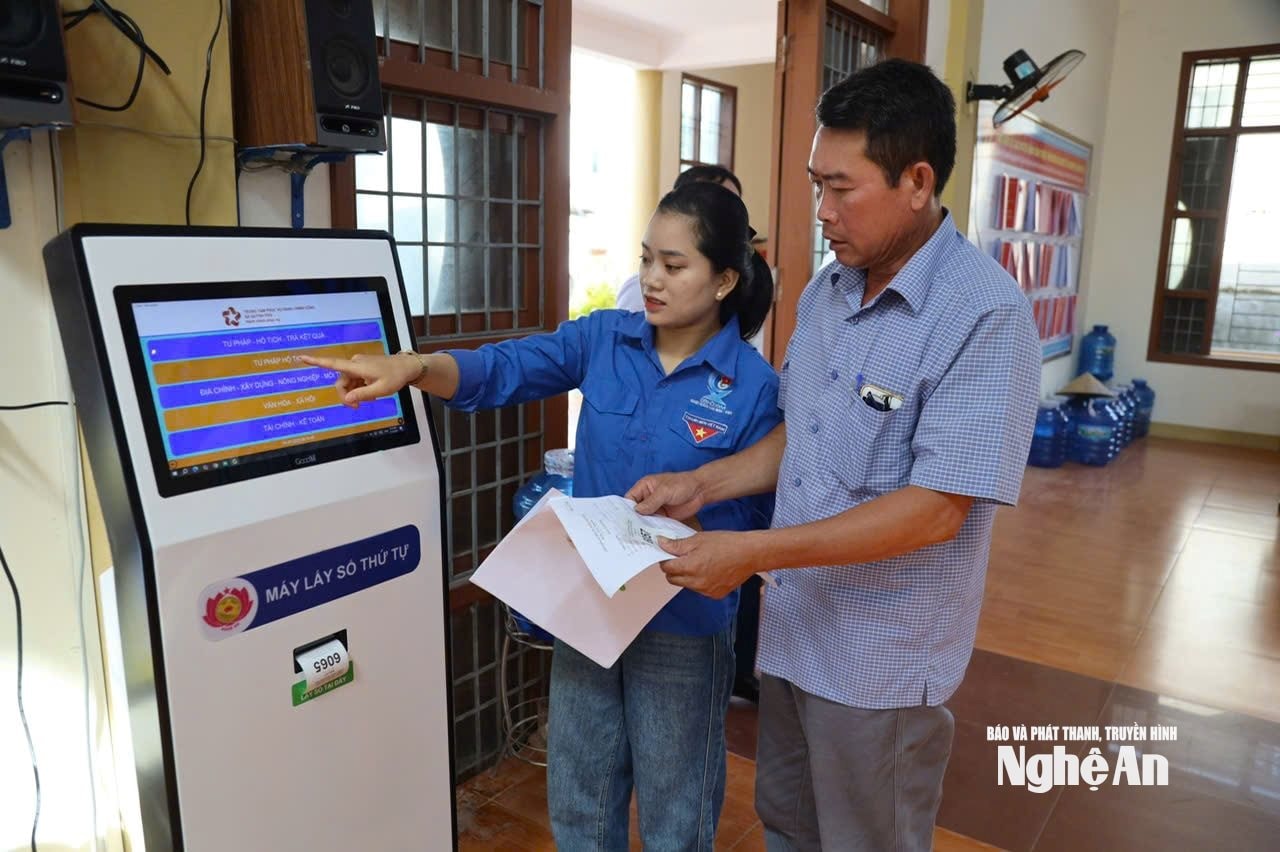
Friday, promote the application of science and technology, promote innovation, digital transformation, build e-government, digital government. This is the foundation to simplify processes, cut costs, shorten procedure processing time, improve transparency and efficiency in state management.
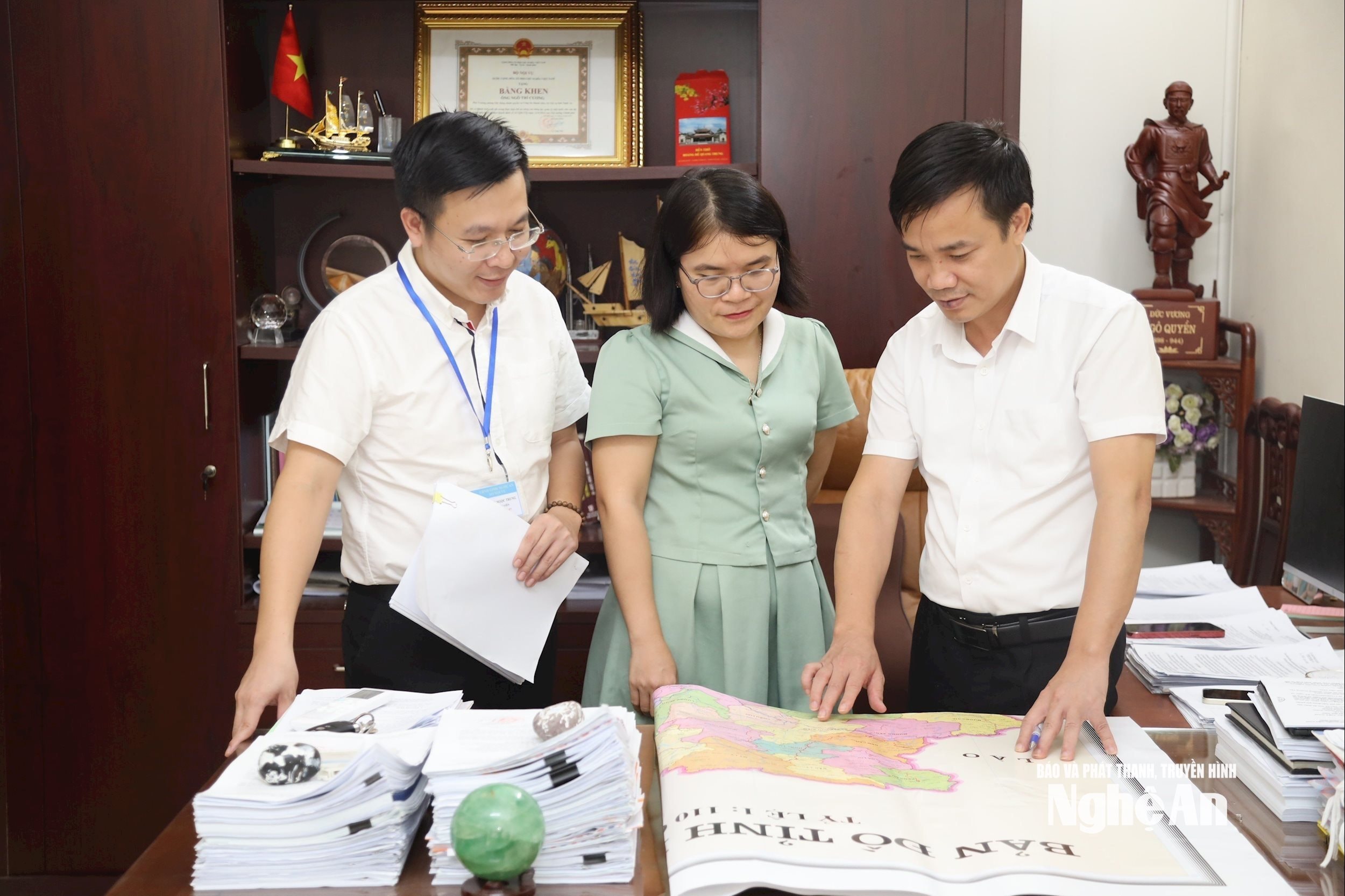
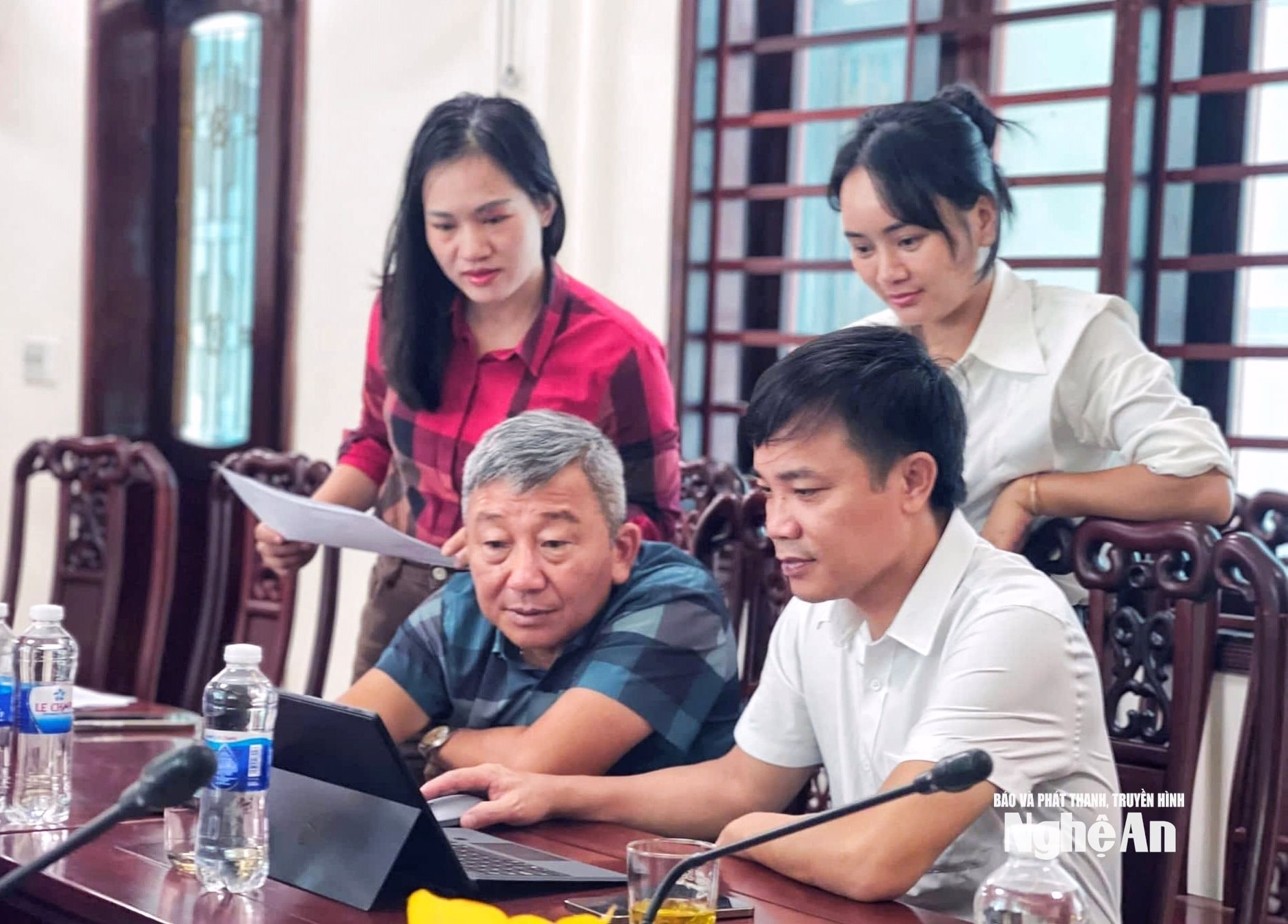
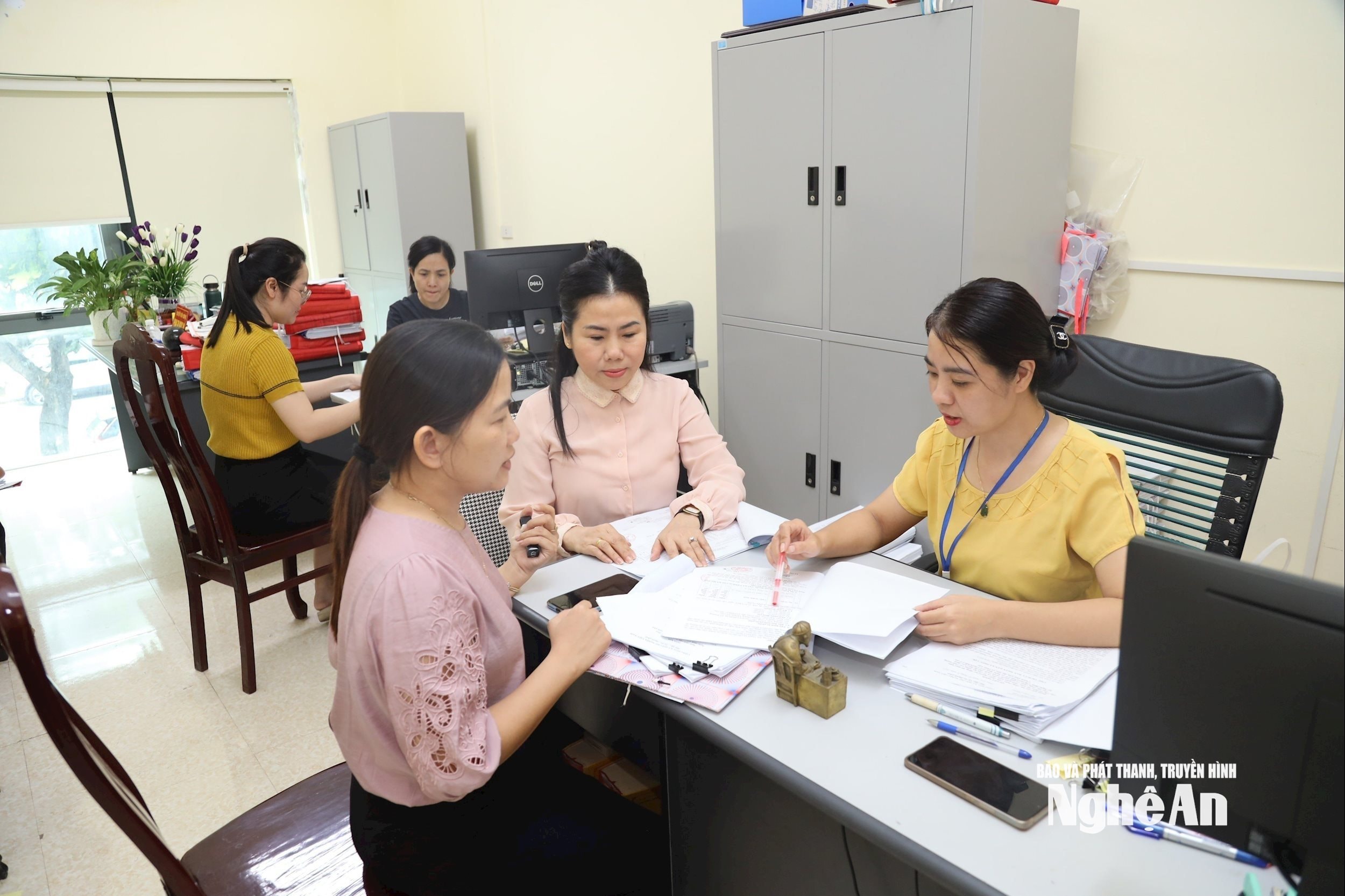
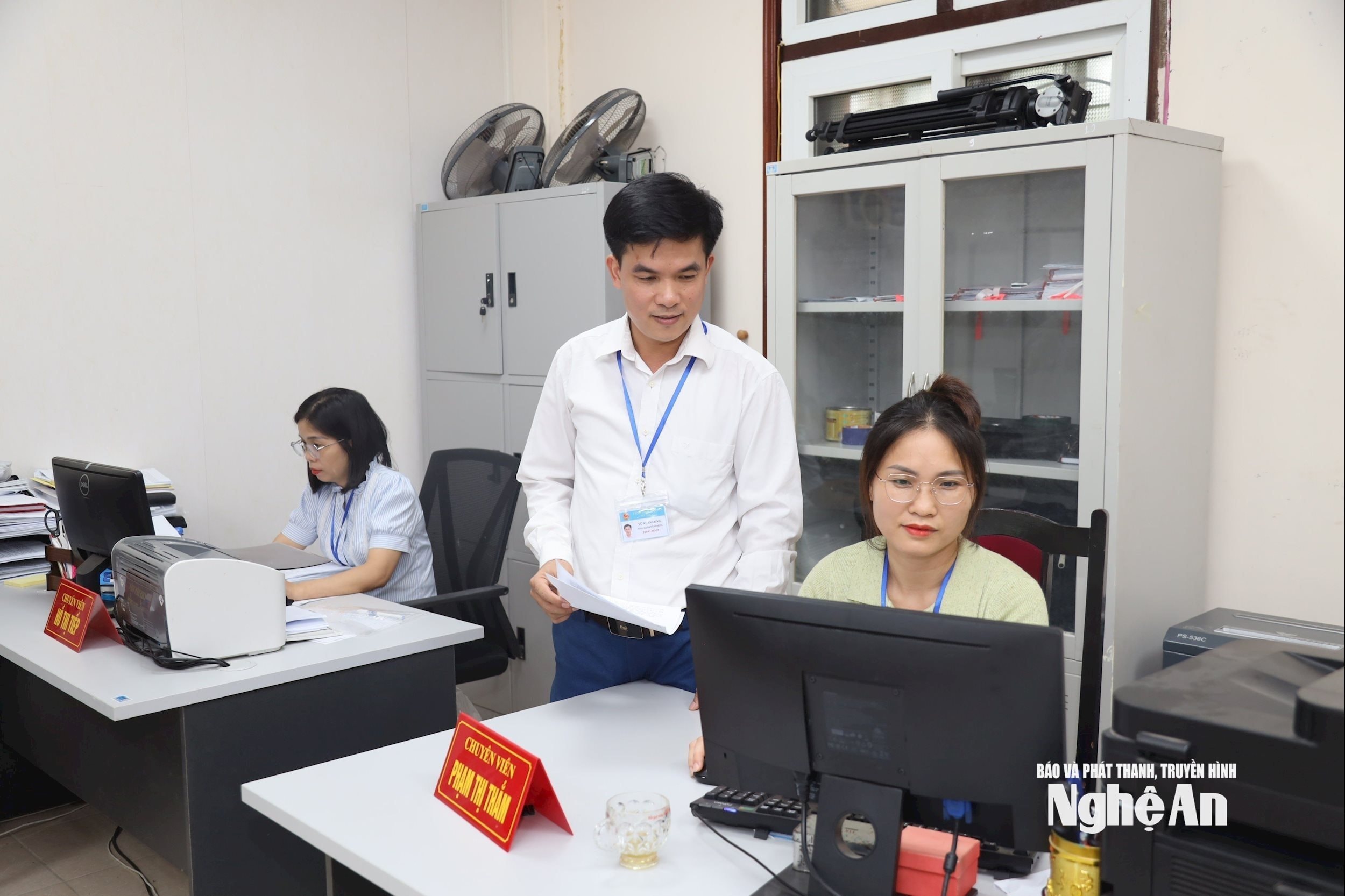
When e-government and digital government are operated effectively, not only are indicators greatly improved, but a modern, transparent, and sustainable development environment is also created.
At the same time, it creates institutional "leverage" and direct motivation to contribute to the successful implementation of the goals and tasks set forth by the Resolution of the 20th Provincial Party Congress.

